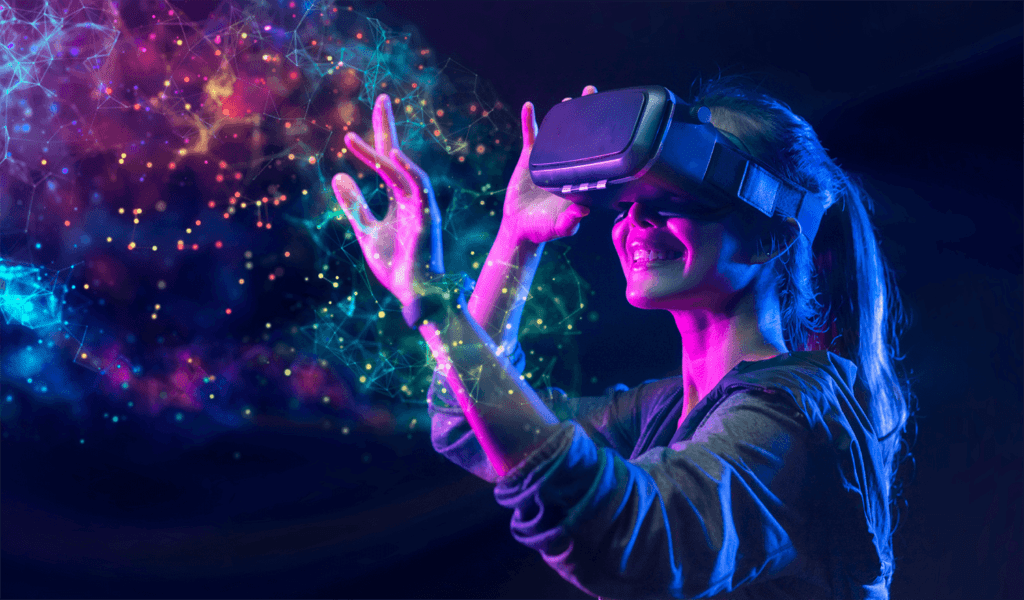The applications of virtual and augmented reality in gaming, education, healthcare, and other industries, as well as the challenges of developing and implementing these technologies.
Virtual and augmented reality (VR/AR) technologies have revolutionized the way we interact with digital content, allowing us to immerse ourselves in virtual environments and augment our perception of the real world.

These technologies have a wide range of applications in gaming, education, healthcare, and other industries, offering new and innovative ways to engage with content and solve real-world problems.
In the gaming industry, VR/AR has transformed the way we experience games, allowing us to fully immerse ourselves in the game world and interact with it in new and exciting ways.
VR headsets like the Oculus Rift and the HTC Vive have become increasingly popular, offering players a truly immersive experience that feels like they are actually inside the game world.
AR games like Pokemon Go have also become popular, allowing players to experience the game world in their own environment, blending virtual content with the real world.
In the education sector, VR/AR has the potential to revolutionize the way we learn, offering students a more engaging and interactive learning experience.
Virtual and Augmented enables the creation of immersive educational experiences, allowing students to explore historical sites, conduct science experiments, and engage more interactively with different cultures and languages.
AR can also be used to provide students with real-time information and feedback. Making it easier for them to understand and learn new concepts.
In the healthcare industry, VR/AR has the potential to revolutionize patient care. Offering new and innovative ways to diagnose and treat a wide range of medical conditions.
VR can provide patients with immersive experiences to reduce stress and anxiety. AR can offer doctors real-time information and feedback during medical procedures.
VR can also be used to train medical professionals. Allowing them to practice procedures and surgeries in a safe and controlled environment.
However, developing and implementing VR/AR technologies can be challenging. One of the main challenges is the cost of the technology. VR headsets and other devices are still relatively expensive compared to traditional computing devices.
Another challenge is the need for specialized skills and knowledge. Developers need to have expertise in areas such as 3D modeling and game design.
Another challenge is the need for high-quality content. VR/AR experiences require high-quality graphics and sound to create a truly immersive experience. This can be particularly challenging in industries such as education and healthcare, where content needs to be accurate and reliable.
There are also concerns about the potential negative effects of VR/AR on health and safety. Poorly designed or excessively intense VR experiences can induce motion sickness and other side effects.
AR can also be distracting and potentially dangerous. Particularly when used in situations where it could distract the user from their surroundings, such as while driving.
Despite these challenges, VR/AR technologies have enormous potential to transform a wide range of industries and solve real-world problems. As technology continues to improve and become more affordable. We can expect to see more widespread adoption and innovation in this field.
Anticipate increasingly immersive gaming experiences blurring the line between virtual and real worlds. We can expect to see more interactive and engaging learning experiences that help students learn in new and innovative ways.
Expect advancements in healthcare, utilizing VR/AR technologies to enhance medical procedures and improve patient outcomes.
Conclusion
Virtual and augmented reality technologies have enormous potential to revolutionize a wide range of industries. Offering new and innovative ways to engage with content and solve real-world problems.
Despite challenges in developing and implementing these technologies. We anticipate ongoing innovation and adoption as they improve and become more affordable. 온라인카지노

